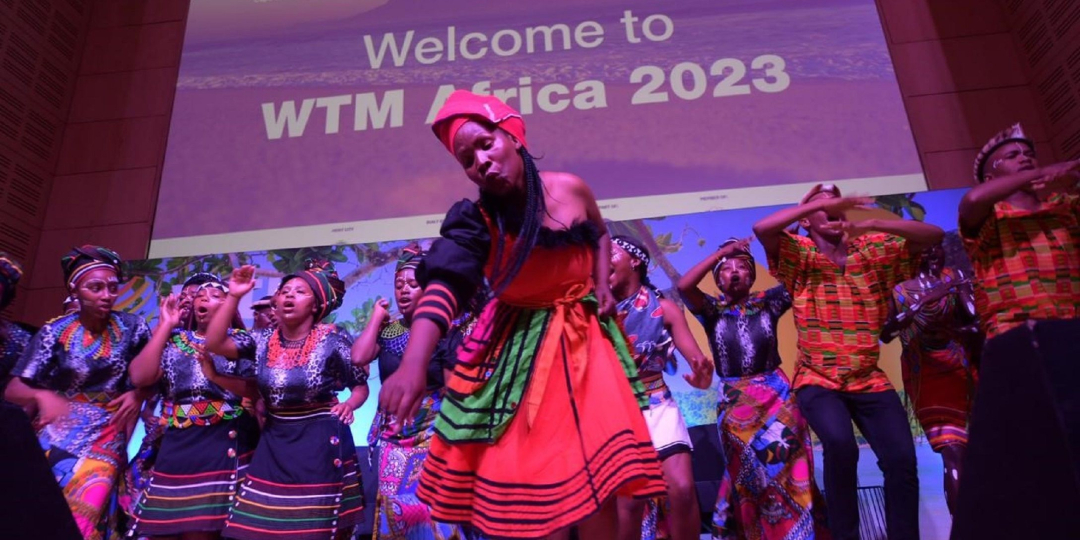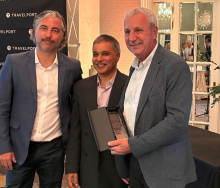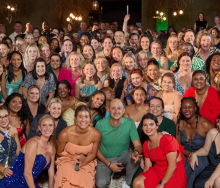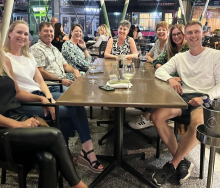The global MICE travel market is expected to reach US$1 trillion in 2024, providing significant opportunities for destinations to take advantage of. As the second fastest growing economy in the world, with unique experiences and attractions, Africa has the potential to take advantage of a number of emerging trends in this market.
Speaking during World Travel Market held in Cape Town last week, Nick Nagle, Marketing Manager for IBTM world, said Africa currently accounts for 10% of the global MICE share, but destinations could be doing more to market themselves.
Mauritius, as an example, is offering financial incentives to large scale events such as discounts in venue hire, tax rebates and subsidies, to attract the lucrative MICE market.
Key emerging trends also provide a number of opportunities for Africa to take advantage of.
New cities
“There is a huge opportunity for second and third tier cities in the next five to ten years,” said Nagle. These cities are typically not the capitals or leading tourist destinations and event planners are looking to them because of the demand for new places, which are closer to communities and culture.
Nagel said IBTM global surveys of event planners show that the number one thing that event planners consider when looking at a new destination is safety, with 90% of event planners indicating that it was a priority.
“Destinations must prove they have the relationships to keep people safe,” he said.
Also key is infrastructure. But Nagle said this went beyond the availability of venues and hotels, and extends to regulations such as availability of visas too.
“There are unique visa regulations in each of Africa’s 54 countries,” he said, highlighting a theme that was raised in numerous discussions throughout the event.
Sustainability
Businesses have net zero carbon goals, but events are typically viewed as wasteful. Africa is a long-haul destination, but with a good sustainability track record, it could jump on the trend and tell the sustainability story to MICE professionals, said Nagle.
“You need to tell the story of how hosting in your destination will help meet sustainability targets,” he said.
Unique venues
Demand for unique venues is growing quickly as event planners are increasingly looking for venues that give delegates an experience to remember. These include galleries, museums, vineyards, breweries and historical venues that give “delegates an experience to remember and make them feel something” Nagle said.
Wellness in MICE
A panel discussion during WTM highlighted the growing trend of incorporating wellness trends into MICE travel. Wellness is already popular in incentive travel, and Nagle said data showed that 40% of incentive planners are already incorporating it into their packages.
Following the pandemic, more businesses are understanding the importance of wellbeing in their businesses. While some countries like Iceland and Japan already have wellness embedded into their identities, Africa has the potential to take advantage of the trend beyond incentive travel.
Tshifhiwa Tshivhengwa, CEO of the Tourism Business Council of South Africa said that while it wasn’t popular yet, “we need to add it into the DNA of the destination” similar to the way the country had embraced medical tourism.
Building unique, African experiences from food to activities into meetings and conferences could be key to doing this.
“We must infuse the traditions that define us as a continent. We have been meeting for centuries and we’ve adopted names like indaba and lekgotla, but not really the practices like playing traditional African games to help people reset and relax. From a wellness point of view, there is a lot to take advantage of.”
Nagle said themes around neuro-diversity could also be built into expos and conferences, creating quiet spaces for people who struggle in large groups or loud environments.
“Start small with a quiet space, access to fresh air and sunlight and a bit of green space would be a bonus”.
Glenton de Kock, CEO of SAACI said part of developing a wellness approach to MICE was getting buy-in from the client, and working with staff and teams to ensure it is embraced.
“We have the product, so how do we educate clients and delegates?” he said.
Key to this is providing a portfolio of evidence so that event planners can understand and measure the risk, he said.














